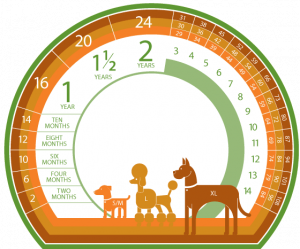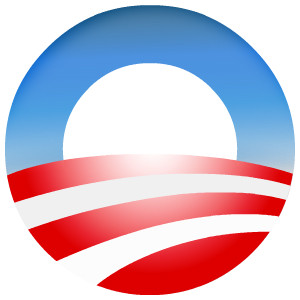The marketing fad of the century.
No, it is not mobile phones. Not reality television. Not Paris Hilton or black presidents with funny names.
It isn’t celebrity endorsements or home spun viral videos.
It isn’t social media, it isn’t Twitter or Facebook or any of that other stuff.
It is free money.
Yup, FREE MONEY. Throw out all those new fangled, technology-laden ideas. Simply give people FREE MONEY and your product or service will be a sure fired hit.
 The confirmation of this breakthrough discovery came late last week amidst the craze over the “cash for clunkers” program.
The confirmation of this breakthrough discovery came late last week amidst the craze over the “cash for clunkers” program.
For those not familiar, the cash for clunkers program is a free money program for anyone who finds him or herself stuck with an old gas-guzzling car. You may have that gas guzzler because you were too stupid to see the coming oil crisis coming and had this fantasy that you’d be able to afford tooling around in a half-ton pickup or an SUV the size of a small school bus.
Or you may have that gas guzzler parked in the driveway simply because it has been 15 years since you bought a new car and you’ve been too cheap to buy a new one.
You see, it really didn’t ‘t matter WHY you have a gas guzzler. The only qualification for free money is that you HAVE a gas guzzler. The only criteria is possession, not motivation.
Bingo … you get $4,500. Everybody loves it. It was so popular that the government stumbled over itself to dole out even more FREE MONEY once the original free money ran out.
[In fact, I’m thinking of creating a gas guzzler secondary market — I’ll buy up gas guzzlers cheap and resell them for people looking for FREE MONEY. I’ll sell you a $2,000 gas guzzler and you can turn around and trade it in for a new car and get double that in FREE MONEY. This is a secret plan so please don’t tell anyone.]
The cash for clunkers is one of a long list of FREE MONEY successes of 2009.
Some five years ago finance companies like CountryWide Mortgage promised people FREE MONEY so they could buy homes they otherwise couldn’t afford. It was a runaway success in the U.S and abroad. Those folks at CountryWide couldn’t give away free money fast enough and home sales soared. Then there was Bernie Madoff. He promised FREE MONEY to anyone with a savings account. He gave people FREE MONEY regardless of risk and market conditions. Bernie was very popular.
But the granddaddy of the FREE MONEY marketing approach has been the U.S. government. They have bee doling out FREE MONEY for decades for things like agriculture, prescription drugs, military weapons, and all sorts of cheap consumer goods from abroad. The farmers, drug companies, defense contractors and the Chinese can’t get enough of it.
Now it is true that CountryWide Mortage eventually went bankrupt. And Bernie Madoff eventually went to jail. But the government — God bless the government — the government is like that dog gone Energizer bunny and just keeps going and going and going.
So when you set up your FREE MONEY marketing program, be sure that you’ve figured out how to get the government to watch your back. There are several strategies that work like tying your FREE MONEY program to something that makes politicians look good (like the cash for clunkers thing). Oh, and if you’re one of those companies that is “too big to fail” … then the FREE MONEY program is a slam dunk.
So at that next marketing brainstorm meeting, after everyone has trotted out their old-style, fuddy duddy, predictable sales and promotion ideas — iPhone app … Ning site … whacky video contest … blah … blah … blah … blah.
When they turn to you, speak confidently the two secret words of marketing success that we KNOW works in the new millennium.
Free money!
 The first was about the wolf shirt phenomenon on Amazon.
The first was about the wolf shirt phenomenon on Amazon. 

